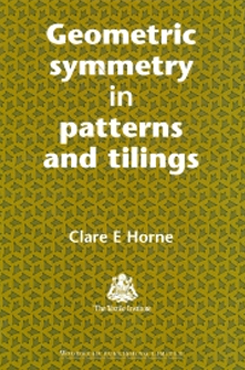Description
Given its importance for consumer satisfaction and thus brand success, apparel fit is a major challenge for retailers and brands across the industry. Consequently there have been major developments in sizing research and how it can be used in apparel design. This book reviews how these developments are affecting clothing design for different groups of consumers.
Part one identifies various aspects of body shape, size, volume and the psychological aspects of designing apparel. This section covers topics such as body shape and its influence on apparel size and consumer choices, sizing systems, body shape and weight distribution (with a discussion of the Body Volume Index (BVI) versus the Body Mass Index (BMI)), and the psychological and sociological factors influencing consumers’ choice of apparel. Part two outlines the challenges in understanding the sizing and shape requirements and choices of particular customer groups. This section discusses apparel designed for infants and children, older consumers, overweight and obese consumers, plus size Black and Latino women, apparel design for Asian and Caucasian ethnic groups, sizing requirements for male apparel, maternity apparel, intimate apparel for varying body shapes, and the challenges of designing headwear to fit the size and shape of Western and Asian populations.
Designing apparel for consumers provides an invaluable reference for apparel designers, manufacturers, and R&D managers in the textile industry, as well as postgraduate students and academic researchers in textiles.












